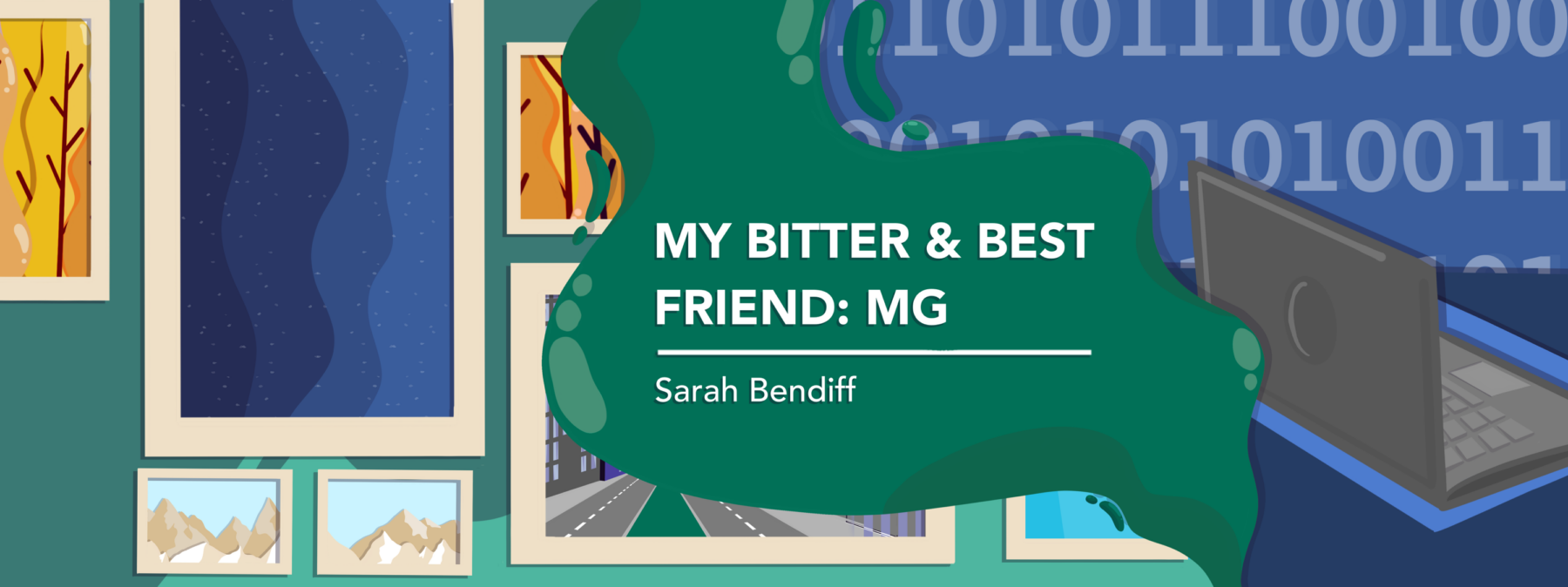How I’m an MG drama queen (of a sort) in my desire for attention
When my disease gives me trouble, I acknowledge I like comfort from others
Written by |

I often talk about strength and resilience because I feel a deep need to share these traits with others who are navigating chronic illnesses or invisible disabilities. Motivating and inspiring others is a blessing that gives my own struggles with myasthenia gravis (MG) a purpose. But let’s turn the tables for a moment: What do I want from others?
In straightforward terms, love and attention.
When I feel sick and tired, all I crave is to be spoiled and receive all the attention in the world. I want the people around me to acknowledge what I’m going through, notice my pain, and make me feel seen. It hurts to admit this, but yes, in those moments I want to be the center of the universe. I want others to help me get through the pain — mentally, emotionally, and physically.
I remember the early days of my symptoms, back when I was 9 years old. Respiratory problems were among my first challenges. After every visit to the emergency room, my parents would spoil me with sweets and gifts. Those gestures weren’t just material; they were a way of saying, “We see you. We care about you.”
Even now, as a 26-year-old, I wish those moments could return. When my body becomes physically fragile, my emotions follow suit. My weakness isn’t just a physical state; it seeps into my mind, making me crave reassurance and comfort. I want someone to say, “It’s OK. You’re not alone. We’re here for you.”
Some might call this self-indulgent or label me a drama queen. I’ve been told I’m victimizing myself, that I’m too focused on my illness, and that there’s nothing anyone can do about it. But to that, I say: There is something you can do.
A simple act of care
It doesn’t take much to help me feel better in those moments. A bar of chocolate, a warm hug, or a kind word can go a long way. Even something as simple as sitting with me and saying, “I know it’s hard, but you’ll get through this,” can work wonders. It’s not about fixing my illness — there’s no magic cure — but about acknowledging the human side of my experience.
Think about it: When a 5-year-old has a fever and feels miserable, you don’t dismiss them or tell them to toughen up. You soothe them. You give them attention. You show them love. Why should it be any different for someone living with a chronic illness?
And honestly, who can blame me for wanting this? If wanting love and attention makes me a drama queen, then so be it. I’ll wear that title proudly.
After days of my body going numb, with my diaphragm and lungs struggling to breathe, I need an outlet. Expressing how I feel — whether through words, tears, or asking for attention — is my way of coping. It’s not about being weak; it’s about being human.
Feeling bad for myself might seem counterproductive to some, but it helps me process the pain. It gives me the space to say, “This is hard, and it’s OK to admit that.” When others respond with love and attention, I’m reminded that I’m not alone in this fight.
Balancing strength and vulnerability
Living with myasthenia gravis or a similar chronic illness teaches us how to be strong in ways we never imagined. But it also teaches us to be vulnerable. It’s a balance to recognize when we need to power through and when we need to let others lift us.
For me, resilience doesn’t mean pretending I’m OK all the time. It means allowing myself to feel, asking for help, and finding comfort in the small acts of love and kindness that others offer. It’s about embracing my humanity, even if that means being a little bit of a drama queen sometimes.
So, yes, when I’m struggling, I’ll ask for chocolate. I’ll ask for hugs. I’ll ask for your attention. And I won’t feel ashamed for wanting those things, because in the end, they’re not just luxuries; they’re lifelines.
Note: Myasthenia Gravis News is strictly a news and information website about the disease. It does not provide medical advice, diagnosis, or treatment. This content is not intended to be a substitute for professional medical advice, diagnosis, or treatment. Always seek the advice of your physician or other qualified health provider with any questions you may have regarding a medical condition. Never disregard professional medical advice or delay in seeking it because of something you have read on this website. The opinions expressed in this column are not those of Myasthenia Gravis News or its parent company, Bionews, and are intended to spark discussion about issues pertaining to myasthenia gravis.


Rev. Judy Johnson-Truitt
Thank you for your article. Having been diagnosed with Ocular Myasthenia Gravis, a few years ago, I had already lost my mother, brother, and father. That trio would've provided me space to be a "drama queen" without the need to explain. As a new Pastor, I am constantly pouring into others yet I'm shouting from within - "What about me? When will it be MY TURN?" At this juncture, I don't know, so whenever I read an article on this site, I'll be a cheerleader for the drama queens! Blessings upon the hearers & doers - and current/future drama queens 👸 🙃